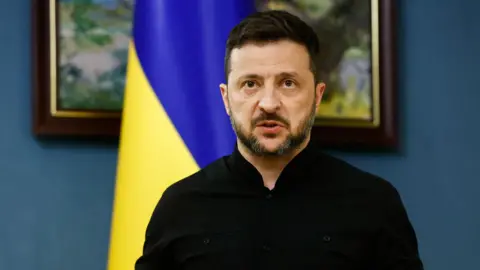Putin’s Role in Ukraine Peace Talks: Diplomacy, Strategy, and Global Impact
The ongoing conflict between Russia and Ukraine has drawn the world’s attention, placing Russian President Vladimir Putin at the center of high-stakes diplomacy. As negotiations gain urgency, global leaders strive to balance peace, strategy, and national interests. In this article, we’ll examine how Putin shapes Ukraine peace talks, analyze pivotal diplomatic moves, and highlight international perspectives from leading sources.

Putin’s Approach to the Ukraine Conflict
Putin’s strategy throughout the Ukraine conflict has remained calculated and unwavering. His vision for Russia’s influence in the region often comes at odds with the west and Ukraine’s sovereignty. According to CNN’s in-depth analysis, Putin has made it clear that he does not depend on Western leaders like President Trump for validation or support. Instead, he continues to assert Russia’s interests, frequently reiterating grievances about NATO’s expansion as the root cause of the conflict.
Even during high-pressure negotiations, Putin tends to focus on Russia’s long-term goals rather than immediate concessions. His approach emphasizes that the war is, in Russia’s eyes, existential—a fight to reestablish dominance in what the Kremlin considers its traditional sphere of influence.
Latest Diplomatic Moves: Putin, Trump, and Zelensky
This past week, world leaders took significant steps toward potential peace negotiations. President Trump announced that Russia and Ukraine will “immediately” start negotiating toward a ceasefire after a lengthy conversation with Putin. Nevertheless, there is skepticism regarding when actual talks will occur or if Russia will agree to substantive conditions for a ceasefire.
BBC News reports that Putin signaled readiness for a peace agreement but stopped short of addressing key demands from the US and Europe. Meanwhile, Ukrainian President Volodymyr Zelensky insists on a full and unconditional ceasefire before progress can be recognized. This divergence in stances underscores the complexities facing negotiators and mediators alike.
Despite diplomatic optimism, Ukraine remains wary. Ukrainian officials stress that unless all parties—especially the United States—remain engaged, only Putin stands to benefit. Previous attempts at declaring temporary ceasefires have often failed to stop the violence for long.
International Perspectives and Broader Implications
America’s shifting role in the Ukraine crisis reflects a broader change in global politics. During recent talks, President Trump admitted that without a direct meeting with Putin, major breakthroughs seem unlikely. He expressed that these issues should remain primarily “a European situation,” signaling possible US retrenchment.
The situation is dynamic, and global powers such as the European Union and the Vatican are increasingly involved in efforts to broker peace. There is a recognition that sanctions, diplomacy, and public pressure remain powerful tools. Yet, as detailed by CNN, so long as Putin perceives the conflict as existential, compromise will be elusive.
Looking Ahead: What’s Next for Putin and Ukraine Peace?
Putin’s influence over the Ukraine peace process cannot be overstated. His willingness—or lack thereof—to negotiate in good faith will continue to determine the trajectory of the conflict. Global leaders, including Ukraine’s allies, are pressed to maintain unity and commitment if they hope for a lasting resolution.
International observers and policymakers should stay informed by following developments through reliable sources such as BBC News on the latest peace talks and CNN’s comprehensive background analysis. As diplomatic efforts evolve, so too does the story of Putin’s impact on world affairs.
For those seeking a deeper dive into current events, exploring credible sources and international viewpoints offers the clearest window into what lies ahead for Ukraine, Russia, and the world.